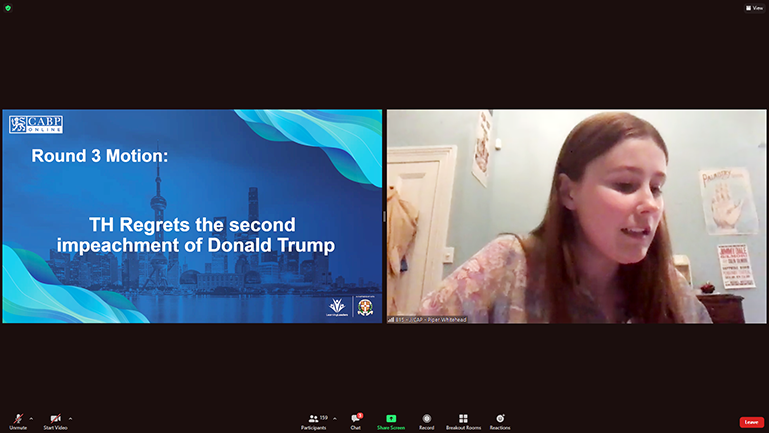
February 6th, 2021. Sixty-four teams gathered via Zoom to participate in a global debate tournament hosted by Cambridge University and Learning Leaders. A lot of teams from Korean international schools such as SIS, SFS, KIS, YISS, CIS, DIS, BIS, GSIS, and NLCS participated in this tournament. Despite the unfamiliarity of debating online, students promptly adapted to the new system and actively exchanged opinions with one another. Fruitful rounds of debate ended with an award ceremony at the end of February 7th.
The debate followed the style of abridged British parliamentary (BP). The duration of speeches for college BP is typically 7-minutes. However, speech time for the Cambridge Asia British Parliamentary was modified to 5-minutes. This meant that debaters needed to be more concise, communicating the essential information in a short length of time.
BP debates include four teams, each consisting of two debaters: opening government, opening opposition, closing government and closing opposition. The government teams argue for the topic, and the opposition teams argue against it. Even though opening and closing teams are different, they should not directly go against each other when they are on the same side. One can try to outshine the other by presenting more convincing arguments. However, when a team from the closing team rebuts the argument from the opening team from the same side, it is counted as knifing, significantly reducing speaker scores.
The opening bench starts the debate and usually comes up with a lot of fundamental arguments. The closing bench comes in later, providing new materials and arguments different from the opening bench, either adding more nuance or creating completely new arguments. Based on the debater’s content, style and strategy, the teams are ranked first to fourth.
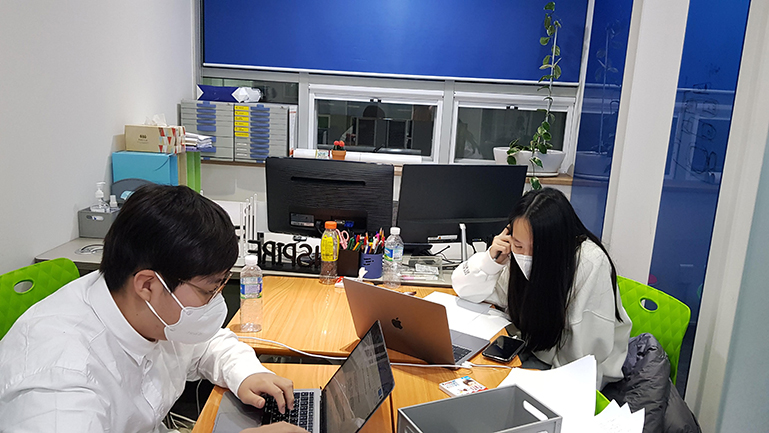
Debaters spent countless hours preparing for CABP. Emily Kim, the first junior best speaker of the Cambridge debate tournament, says that she prepared through her academy by participating in a few practice debates before the tournament. Henry Hatridge, the third-best speaker, also claims that he participated in a mini-tournament which had three rounds of debate. He says that other kids had a session once or twice a week. Roger Hatridge, a coach of most teams that advanced to the elimination rounds, states that the key for success was that the lessons before the tournament were spread over so many experts. Twelve different coaches contributed to coaching preparation sessions of the students he coached.
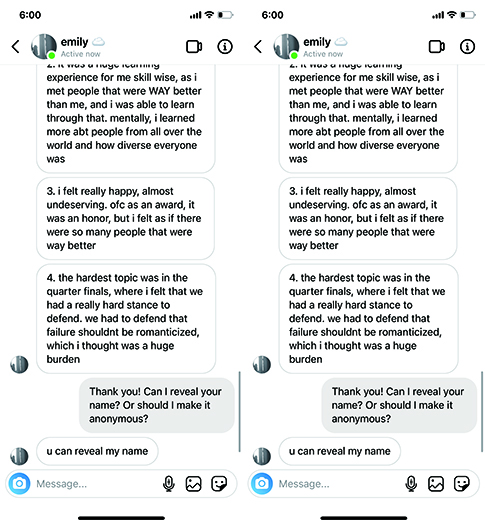

Debaters ranging from a novice speaker to an experienced one, garnered different skills from this tournament. “It was a huge learning experience for me skills-wise, as I met people that were way better than me, and I was able to learn through that. Mentally, I learned more about people from all over the world and how diverse everyone was.” says Emily. Students can earn “experience and confidence,” says Roger. Practically, students who advanced from this tournament are qualified to compete in a global round of this event. Whereas CABP was an East-Asian qualifier, students who proved themselves from CABP can participate in the bigger Cambridge tournament.
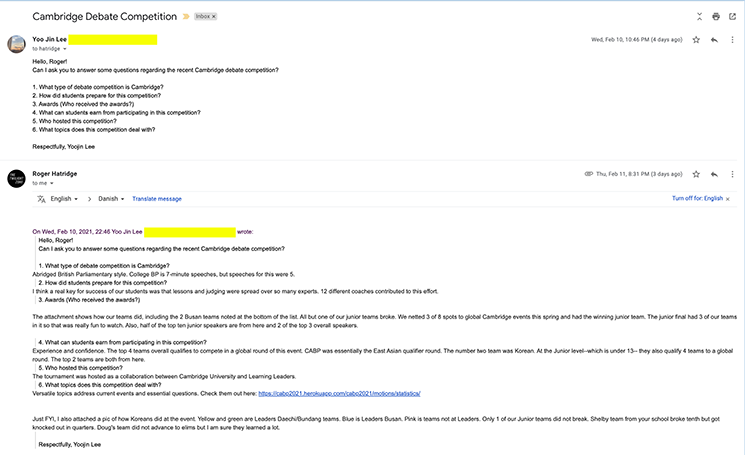
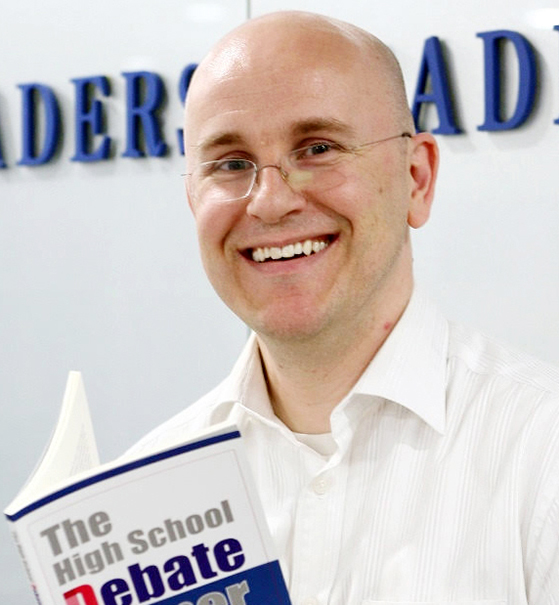
The tournament dealt with versatile topics that mainly dealt with current events and essential questions. Examples include: “This house regrets the second impeachment of Donald Trump,” “Assuming it were possible, this house would allow individuals to trade in years of their life to enhance their skills, traits or appearance,” and many more. Themes such as politics, culture, science, social movements and more were fiercely debated upon. Emily thinks that “the hardest topic was in the quarter-finals, where I felt that we had an adamant stance to defend. We had to defend that failure shouldn’t be romanticized, which I thought was a huge burden.” Like this, students were expected to give an adequate speech even under unfamiliar topics. This is particularly the reason why most students improved on their debating skills after participation. Debate tournaments like CABP can lead students to acquire the skills they need based on their level of experience. Whether successful or not, it is for sure that debaters learned a lot of new values by participating in this tournament.
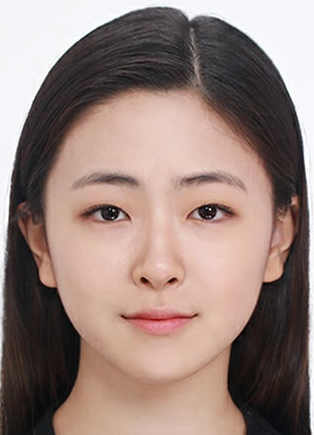
Yoojin Lee
Grade 9
Chadwick International School

